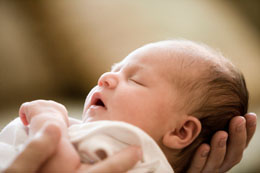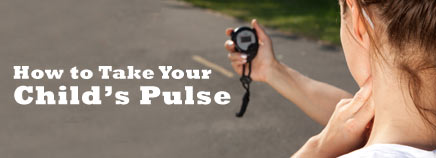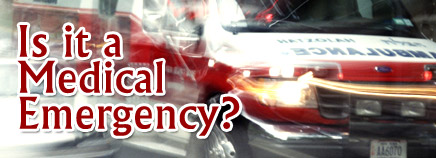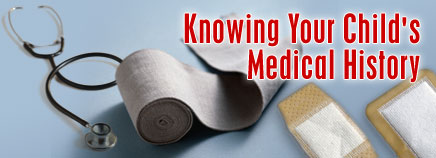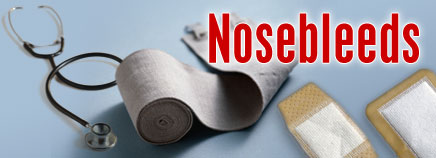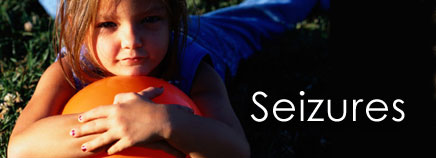A person’s pulse, or heart rate, is the number of times the heart beats per minute. Taking someone’s pulse can tell doctors important things about his or her health. Heart rate can vary depending on things like a person’s age and level of stress or activity at the time the pulse is …
Is it a Medical Emergency?
Even healthy kids get hurt or sick sometimes. In some cases, you will know that you need to head straight to the emergency room (ER) at the nearest hospital. In other cases, it’s harder to determine whether an injury or illness needs the attention of a medical professional or can …
Knowing Your Child’s Medical History
When providing emergency care, doctors, nurses, and emergency personnel like paramedics will have many questions about a patient’s medical history. And even the most organized parent might not be able to remember the details of a child’s health history in a stressful situation. That’s why it’s important to keep a comprehensive …
Nosebleeds
Nosebleeds are common in kids 3 to 10 years old, and most are caused by nose-picking or dry air. They can be scary, but are rarely cause for alarm. Most will stop on their own and can be easily managed at home. What to Do: Stay calm and reassure your child. Have …
Seizures
Seizures are caused by a sudden surge of electrical activity in the brain. A seizure usually affects how a person looks or acts for a short time. Someone having a seizure might collapse, shake uncontrollably, or even just stare into space. All of these are brief disturbances in brain function, often with …





